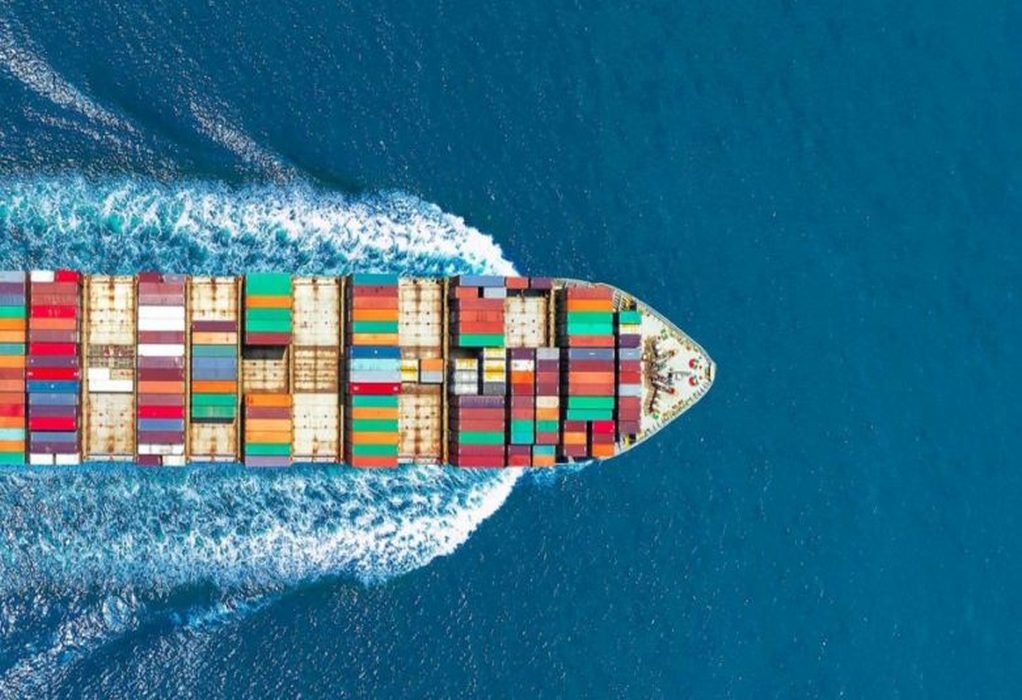The findings by three scientists from Berkeley in California suggest that the electrification of container vessels is more economical on voyages of up to 5,000 km and three to five times more efficient than e-fuels such as green hydrogen and ammonia.
Over 40% of global containership traffic could be electrified cost-effectively with current technology, the study claims, also noting that battery-electric container shipping could reduce CO2 emissions by 14% for US-based vessels.
Minimal carrying capacity must be repurposed to house the battery system for most ship size classes along short to medium-length routes, the study claims. For a 7,650 teu containership, the volume required by the battery system is less than the volume currently dedicated to the ICE and fuel tanks for routes under 3,000 km.
A 220MW charger could charge a 7,650 teu containership working regional trades in 24 hours. For longer voyages requiring larger battery capacities, the authors of the study suggest offshore charging infrastructure could be strategically located in global shipping chokepoints such as the Strait of Hormuz, the Panama Canal and the Strait of Malacca, where ships regularly queue for days awaiting passage.
The primary constraint for cost parity of battery-electric ships with ICE ships over longer ranges is the battery cost. Battery prices need to reach $20 kWh for a 10,000 km range battery-electric ship capable of crossing the Atlantic or Pacific Ocean to be cost-effective without recharging.
A fully electric 80 m long containership, the Yara Birkeland, has begun autonomous operations in Norway. Similar battery-electric vessel projects are underway in Japan, China, Sweden and Denmark.
Tags: Battery-powered, CO2 Emissions, Container Ship, Ships



Recent Posts
Hong Kong Launches Incentive Scheme to Promote Green Maritime Fuel Bunkering
MSC Hosts Sustainability Experience in Antwerp for Global Supply Chain Leaders
Kinetics and Mitsui O.S.K. Lines Sign MOU to Develop World’s First Integrated Floating Data Center Platform
Port Newark installs EV truck chargers at PANYNJ facility
Singapore’s first fully electric tug launched, paving the way for zero-emission coastal logistics ecosystem
Blue Marlin Becomes First Inland Cargo Vessel with Solar-Assisted Propulsion
ABB and Royal Caribbean Partner on 15-Year Deal to Drive Vessel Efficiency and Decarbonization
IET Establishes Centres of Excellence for Green Hydrogen and Electric Vehicle Research